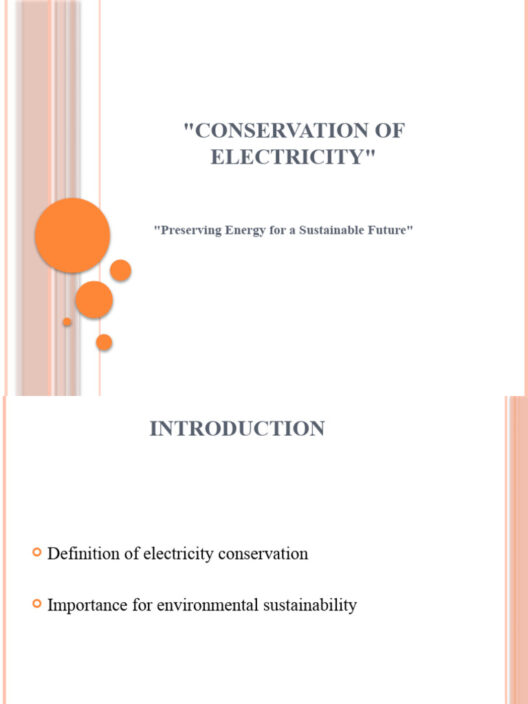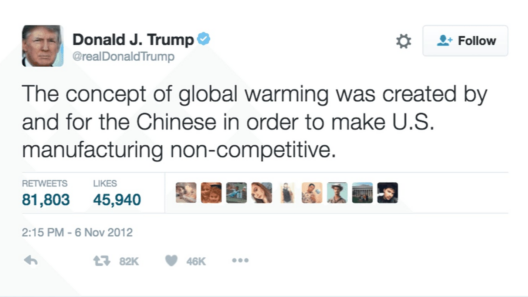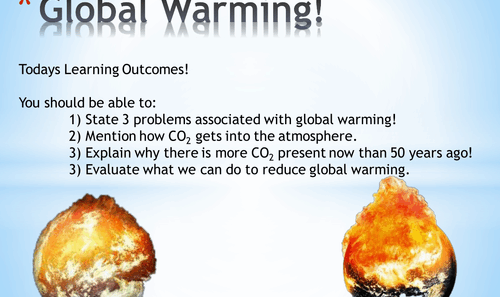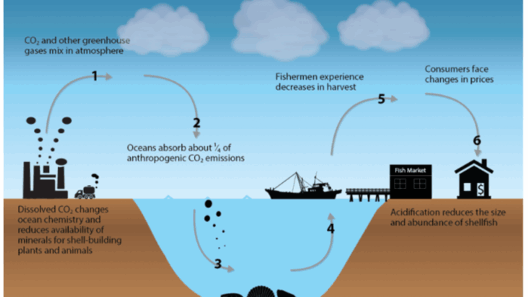The discourse surrounding climate change continues to evolve, capturing the attention of various stakeholders, including energy leaders who wield significant influence over public perception and policy. Among them is Christi Craddick, a prominent figure in the energy sector, who has made statements that ignite curiosity about her stance on global warming. By delving into the complexities of environmental policy and Craddick’s position, one can unearth the nuances of belief, skepticism, and advocacy related to climate change.
At the crux of this examination is the imperative question: Does Christi Craddick believe in global warming? The energy sector is often enveloped in controversy, particularly regarding fossil fuels and their impact on the planet. Craddick, who has held positions within the Texas Railroad Commission, is known for her regulatory influence over oil and gas industries. Her role places her in a unique position, straddling the crossroads of economic interests and environmental stewardship. The intricacies of her beliefs about global warming align with broader debates about climate policy and the transition to renewable energy sources.
Recognizing the scientific consensus is vital in the context of global warming. The United Nations Intergovernmental Panel on Climate Change (IPCC) has established that human activities, especially greenhouse gas emissions from fossil fuel consumption, are catalyzing unprecedented changes in climate patterns. This irrefutable evidence poses a challenge to individuals and organizations in the energy sector who may find their interests at odds with emerging environmental data. Craddick’s statements reveal a pragmatic approach—balancing the need for responsible energy production with growing empirical evidence of climate change ramifications.
In recent public appearances and interviews, Craddick has positioned herself as a proponent of embracing technology and innovation to mitigate environmental impacts. Her advocacy for advanced energy solutions suggests a willingness to adapt to a changing landscape. The promise of cleaner extraction methods and renewable energy technologies is an intriguing pivot from traditional fossil fuel dependency. This shift hints at a potential alignment with the broader narrative that acknowledges global warming as a pressing issue requiring immediate action.
Moreover, examining Craddick’s rhetoric reveals a duality often prevalent among energy leaders. While she acknowledges climate implications, she does not entirely renounce the resources essential for economic stability. Her perspective may resonate with a myriad of people who hold reservations about transitioning entirely to renewable energies without a robust and economically viable plan. This economic lens shapes the approach advocates take and reflects the sentiments of numerous constituents concerned about job security and energy reliability.
Among energy leaders, this dichotomy is not unique to Craddick. Many figures express support for environmental protections while simultaneously defending the fossil fuel industries. This nuanced stance ignites curiosity regarding the motivations behind their beliefs. Is it genuine concern for the environment? Or is it an obligation to uphold economic conditions in their constituencies? The intersection of belief, policy, and public interest begs critical analysis of each leader’s position and how it aligns with the realities of the climate crisis.
It is essential, however, to recognize the implications of such perspectives. Belief in global warming does not merely constitute an opinion but serves as a call to action. The urgency dictated by climate scientists compels leaders like Craddick to engage deeply and thoughtfully with the topic. A commitment to evolving energy practices may signify a much-needed paradigm shift—a shift where the urgency of reducing carbon emissions becomes a cornerstone of energy policy, regardless of previous allegiances to fossil fuel dependency.
Engagement with climate activists and scientists showcases a willingness to absorb divergent viewpoints. Collaborations between energy executives and environmental groups have begun to surface, revealing potential platforms for discourse. These alliances, albeit selective, suggest leaders can transcend entrenched divisions, fostering an environment conducive to innovative solutions. This intersectionality is pivotal—uniting divergent factions towards a common goal of sustainable energy practices and climate resilience.
The continuous dialogue regarding global warming presents both challenges and opportunities for leaders in energy industries. Craddick’s responses to inquiries about climate change could influence how other energy executives articulate their beliefs. Should she adopt a more overtly supportive stance on environmental issues, it could catalyze a shift in the collective attitudes within the industry. Conversely, a reticent approach may perpetuate skepticism and resistance to urgent environmental policies.
A broader narrative regarding global warming is taking shape, and energy leaders have an integral role in its evolution. The implications of climate change are not limited to environmental degradation; they encompass socioeconomic factors, public health, and international relations. This multifaceted reality underscores the need for vigor in discussions surrounding energy policy reform. Craddick and her contemporaries are positioned to elucidate these complexities and provide valuable insights into energy production’s role in combating climate challenges.
In conclusion, the exploration of Christi Craddick’s beliefs regarding global warming is emblematic of broader themes present within the energy landscape. The interplay of economic priorities and environmental duties creates a rich tapestry for discussion. One cannot dismiss the significant influence that energy leaders exert over climate discourse. The resultant curiosity about their perspectives invites deeper examination and engagement in meaningful dialogue. As the urgency of climate change mounts, the expectation for responsible leadership that recognizes the gravity of global warming becomes increasingly paramount.








